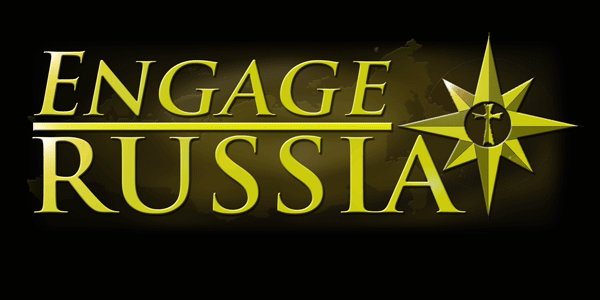Wednesday, January 6, 2010 – Petrozavodsk, Russia – Capitol of the Republic of Karelia
It is Christmas Eve in Russia. Not the Christmas Eve that you and I usually think about. However, Russians celebrate Christmas based on the Orthodox calendar and tomorrow, January 7, is Christmas Day. Most Russians have been on vacation since New Year’s Eve and we have seen many families enjoying time together in the city. Later tonight we will attend a midnight service at the large Russian Orthodox Cathedral in the center of town.
Our first day in a new city is usually spent trying to get ourselves acquainted with the people and the culture and this trip has been no different. It seems that no matter how much research you do before hand, there is always so much that you never know until you get your feet on the ground.
Worth mentioning, however, is how friendly people seem to be here. After living and working in Moscow for two years, it is often easy to forget that outside of the mega-cities people tend to be very friendly and willing to help strangers. The staff at our hotel has been invaluable in this regard and they have assisted us in numerous ways. We also received a warm greeting at one of the museums we visited this afternoon.
According to statistics, there are around 130,000 native Karelians in Russia, and most of them live in the Republic of Karelia. However, that number only accounts for less then 10-percent of the population here. Karelians are one of two minority peoples who are native to this area (the other being the Veps who are more closely related to the neighboring Finns.) And, as a result of centuries of this land being shared between the native peoples, the Russians and the Finns, it is almost nearly impossible to identify native Karelians by their physical features. However, they more closely resemble Russians, than the fairer Veps.
As with most Russians, the majority of Karelian people identify themselves with the Russian Orthodox Church. However, we have found several Catholic and Lutheran congregations here. This is also a result of this land being occupied by the Finns and Swedes over many generations.
I suppose that at the end of the day, several things about Karelian people have caught our interest. First, and probably foremost, is that the Karelian people and culture seems to be a dying way of life. Most native Karelians identify themselves as being Russian. And the people, as a whole, seem to have been all but totally assimilated into Russian culture. One of our guides, a native Vep, said that she is unable to identify native Karelians during everyday activity.
We also learned that life in the villages today is almost identical to village life over 100 years ago. Most of the Karelian natives found in the northern villages are wheat farmers and still work the land using animals and simple hand tools. People in the villages earn a living by selling wheat, milk, and other byproducts of farm living. However, in order for them to have the money they need to survive the man of the house will usually travel to the city and find work there to help support the family. Once he has earned enough to last the family for several months, he will return home and then go back to find itinerant work in the city when that money has run out.
As with much of Russia, however, only a small number of people still live this way. Most are abandoning village life and are moving to large urban centers, such as Petrozavodsk – which explains much of the assimilation of the Karelian culture with the Russian culture that surrounds it. Only 25-percent of the people in the Republic of Karelia live outside of the cities.
As you are praying for the Engage Russia team, and our travels, take a few minutes to pray for the people of the Republic of Karelia on this Christmas Eve. Most in the city of Petrozavodsk will not attend a church service tonight, or give thought to the birth of a baby in a stable. Others will stand in the midnight cold in order to receive their annual blessing from an Orthodox priest. Pray that God will make himself known to the people of Karelia and that they would find hope in the manger tonight.
Blessings,
Marc

No comments:
Post a Comment